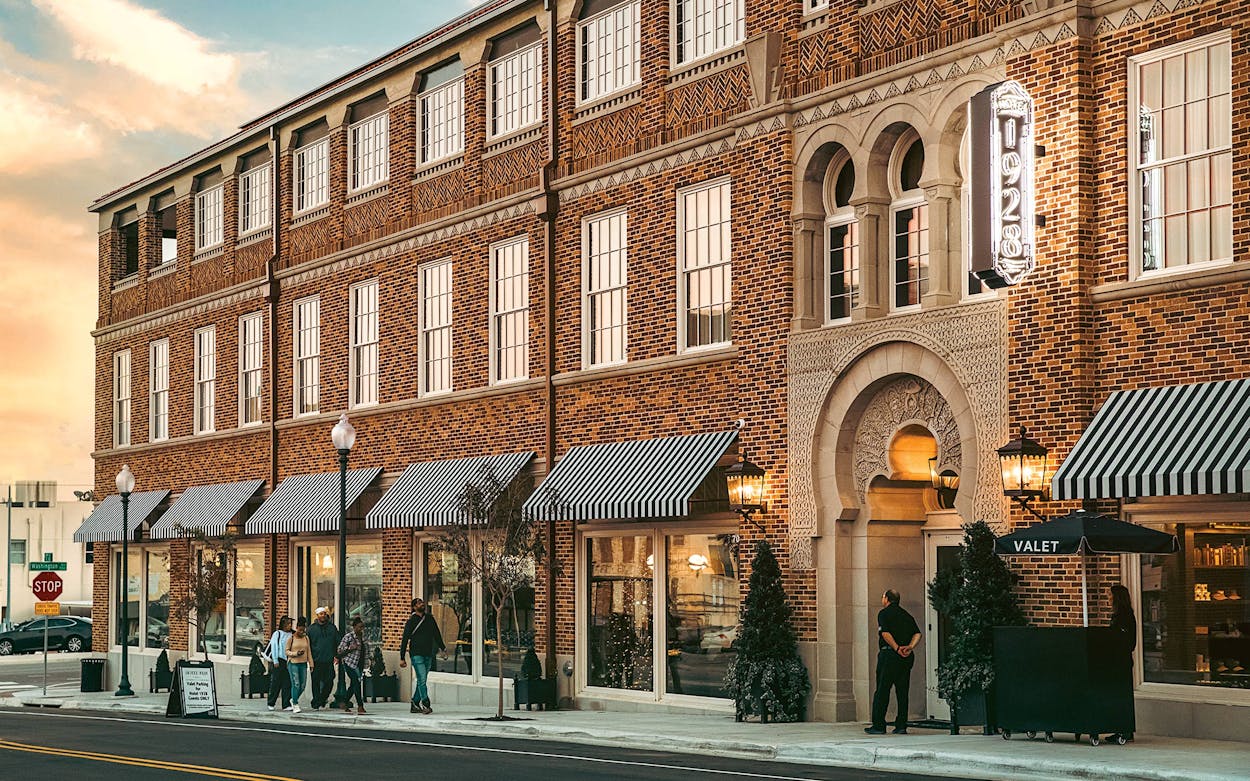Anyone who’s taken Interstate 35 between Dallas and Austin knows the Alico building. The tallest skyscraper in the state when it was completed, in 1911, it remains the tallest building in Waco, by ten stories. But it’s hardly the city’s most prominent structure. The roughly two million people who visit Waco each year might notice the giant red Amicable Life Insurance Company sign that tops the tower, but many are coming to visit the Silos, the Disneyesque 5.3-acre downtown shopping complex built by Chip and Joanna Gaines, who in the span of twenty years have gone from running a local business to overseeing a multimedia empire.
In 2003 the couple, who had recently begun renovating homes, opened Magnolia Market. (Originally on Bosque Boulevard, it’s now at the Silos.) A decade later came the premiere of their HGTV remodeling series Fixer Upper. Fueled by its success, the Gaineses now have a Target product line, Magnolia Journal magazine, and a television network dedicated to their brand.
And they rule Waco. They helped rehab not just its homes but also its national reputation, which had long been marred by the deadly 1993 Branch Davidian siege. The couple’s most recent contribution to the city’s cultural landscape, a 33-room boutique hotel in a renovated Moorish Revival–style building, opened in November. But spend a few days in this city of 145,000, and you’ll realize that it’s more than just part of the FXU (Fixer Upper Universe). Magnolia gives travelers a few more reasons to hop off I-35, sure, but Waco has always been more than a stopover between Austin and Dallas.

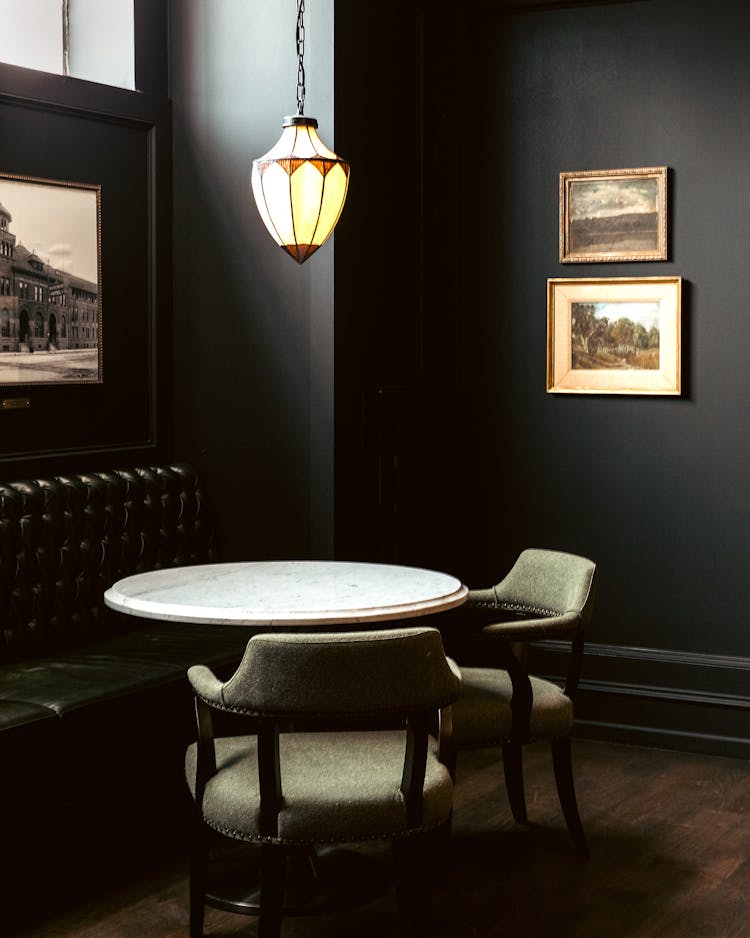
Still, starting your Waco trip at a Gaines property is as “must” as it gets. About a ten-minute walk from the Silos, their new Hotel 1928, named for the year the historic structure was built, has all the markers of a Magnolia production. Much of the decor feels bright and new while highlighting the comforts of the old through the careful arrangement of antique furniture and vintage accessories of varying degrees of usefulness. (Guests can peruse a two-story library full of books once owned by Larry McMurtry, but I’m not sure what they’d do with the matchbooks, which are all empty of matches, in a bowl on a lobby coffee table.) The design harks back to a nonspecific yesteryear. It’s both comforting and transporting. And sometimes disorienting. The two-by-three-foot blown-up photo hanging in the grand ballroom’s foyer, depicting what appears to be a dance from the fifties, highlights a certain nostalgic austerity as jazz music plays over the loudspeakers. It’s like a scene in a Texas version of The Shining.
At $395 a night, my room was the smallest and cheapest option. It felt snug but luxurious, with a soft mattress and silky cotton sheets. The room had no coffee maker, but the Le Labo toiletries, a Dyson hair dryer, and the marble countertops came close to making up for it. Magnolia superfans aren’t balking at the rates. As of the end of 2023, most of the hotel’s rooms were booked on the weekends through May.
After all, the Silos, spanning two city blocks, are just a half mile away. Even the surrounding non-Magnolia buildings are painted in the brand’s stark farmhouse white. Visitors can also spring for official Magnolia tours as well as those from enterprising outfits such as Brazos Tours, which will drive you to many buildings associated with the Gaineses.
But the city also beckons outside the Wonderful World of Magnolia. I started with the two local staples that I visited throughout my Central Texas upbringing. I grabbed a burger and frozen custard at Health Camp, a 75-year-old restaurant that first opened as a mobile canteen for the nearby James Connally Air Force Base. And the Dr Pepper Museum, housed in a former bottling plant built in 1906, still feels like an obligatory destination, if only for the terrifying animatronic version of Dr Pepper founder Charles Alderton that I swear made eye contact with me. Both of the museum’s gift shops sell the classic red Dr Pepper tumblers that every Texan should own.
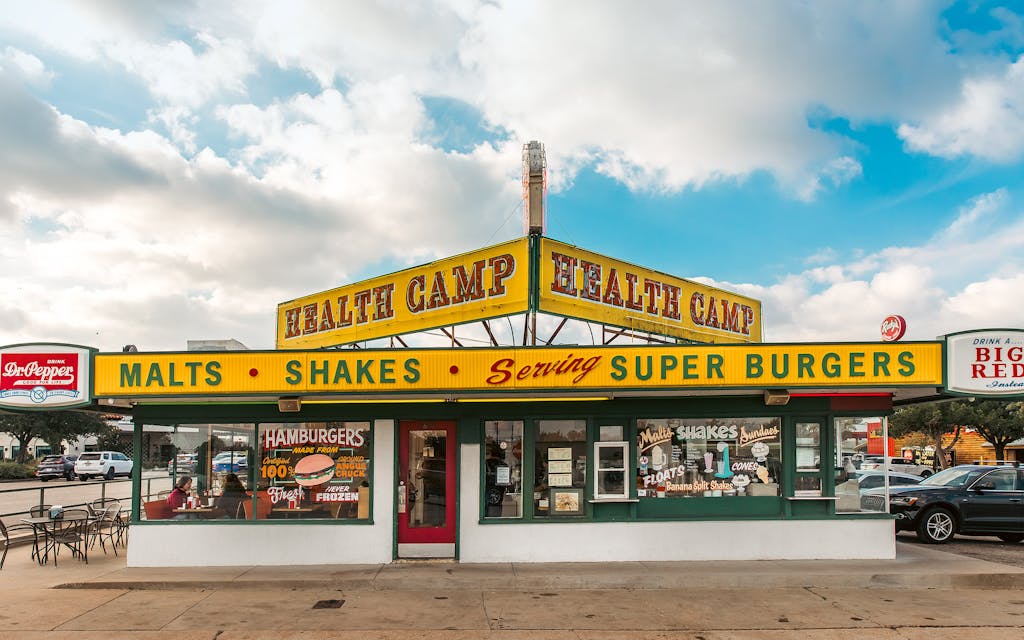
My first night I wandered from the Hotel 1928 and walked along the recently rehabbed Waco Suspension Bridge, built in 1870. Now flanked by city parks on both sides, the span served as a crossing along the Texas-to-Kansas Chisholm Trail.
The next morning I hurried to the Waco Mammoth National Monument. The paleontological site, discovered by a pair of local boys in 1978 while they were tracking down a nest of snakes, contains the bones of 25 Columbian mammoths, including those of the only known “nursery herd” of females and their young. Visitors can see the fossils in situ at the dig site, then meander down one of the hiking trails.
Waco’s historic architecture includes what feels like an unusually large number of Masonic lodges—eight, by my count—perhaps an indication that the city has always fostered passionately dogmatic groups. (It’s fitting that the Hotel 1928, designed for the cultlike Magnolia crowds, is housed in a former Shriner temple.) North of town, beach boys and girls from all over the world flock to the Waco Surf water park, and even the Branch Davidian site, where at least eighty people lost their lives during a 51-day siege, is now a tourist destination. I tried to visit a Masonic lodge at the Lee Lockwood Library and Museum, only to be turned away by the front desk, though not because I didn’t know the secret handshake—as I had honestly hoped—but because it was closed for a private party.
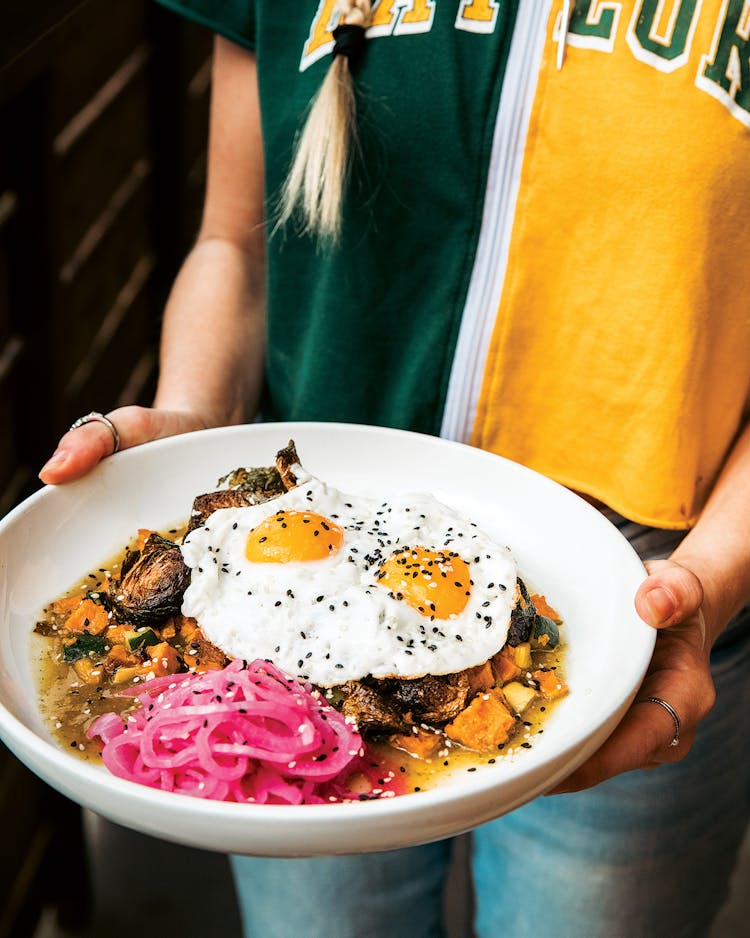
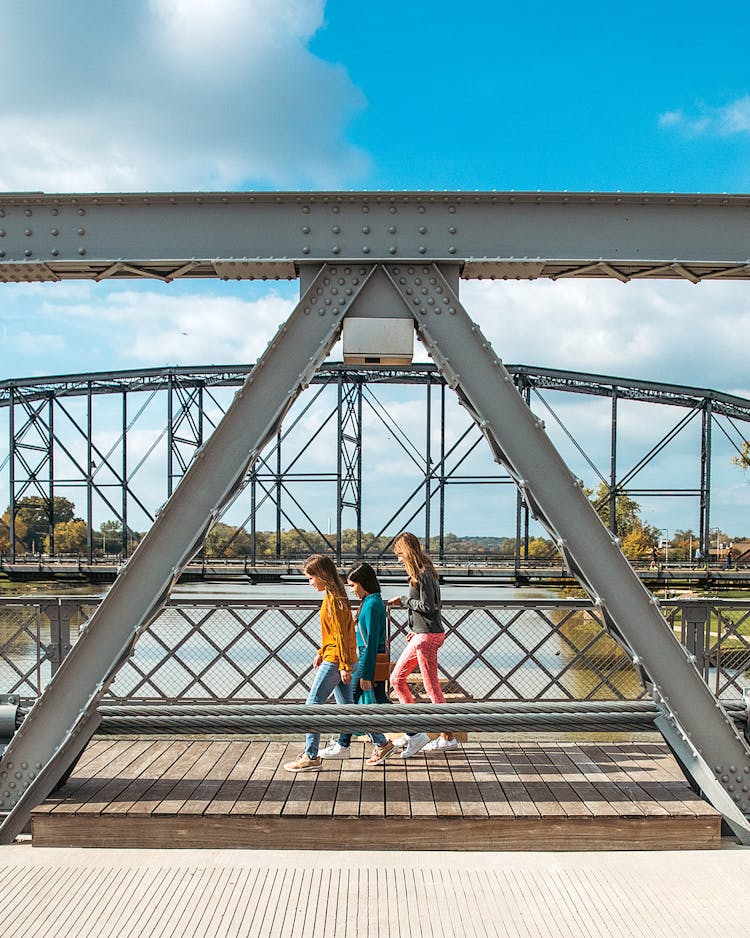
Avoid the latte-and-pastries crowd at both the Gaines-owned Magnolia Press and the Silos Baking Co. and head to nearby Dichotomy Coffee & Spirits, a coffee shop by day and a bar by night. For lunch, I gorged myself at Maria Mezcaleria, down the street from the Alico building. At dinner, try the elevated take on Southern staples at Milo.
But alas, in Waco, all roads lead back to the Gaineses. So I made a dinner reservation at the Brasserie at Hotel 1928, one of three restaurants there. Say what you will about Chip and Jo: even if some of their products are a bit boring and too expensive, they know quality. The Korean-style wings came with a piquant black garlic ranch dressing that doubles as a dip for fries, and I actually closed my eyes after taking my first bite of the 1928 Burger. In true Magnolia fashion, my server might hold the record for the world’s most neighborly person.
After a slice of Dr Pepper cake, I headed up to my room, hurrying past the ballroom with that Shining-like photo lest I run into a ghost bartender named Lloyd. The next morning, encouraged by that memorable dinner, I considered stopping at Silos Baking Co. for a cinnamon roll on my way out of town. But I didn’t have much time, and the line often bends around the block. It’s a Gaines joint all right.
Where to Shop Beyond the Silos
The Bear Mountain: Located southwest of downtown, in the Richland Hills neighborhood, this adventure-gear and bike shop feels like a locally owned REI.
The Findery: This outlet is in the sight line of anyone exiting the Silos on Webster Avenue, so it gets a lot of foot traffic. But you should be part of that traffic. The shop is full of new and vintage furniture and handmade goods.
Gather: Baylor University alum Jonathan Martin sold handmade custom pottery via local word of mouth only, until some of his work ended up in an episode of Fixer Upper. He died in 2022, but his wife, Sara, continues his legacy at this home-goods boutique featuring pottery, linens, glassware, and more.
Spice Village: At this big space populated by individual booths, vendors sell a fair amount of kitsch—wallets made of cork and tea towels reading “You all may go to hell, and I will go to Whataburger.” But the sheer volume of products, including votives and an array of spice blends, makes it a delightful place to peruse, like a brick-and-mortar Etsy.
Summer Ellis Bijouterie: Summer Ellis hosted trunk shows of her handmade jewelry in her Baylor dorm room in the early aughts. Now her dainty, minimalist designs can be found at her store on the ground floor of the Praetorian, a seven-story, 108-year-old building that she owns with her husband, Peter.
This article originally appeared in the February 2024 issue of Texas Monthly with the headline “More Than Magnolia.” Subscribe today.
- More About:
- Chip & Joanna Gaines
- Waco



